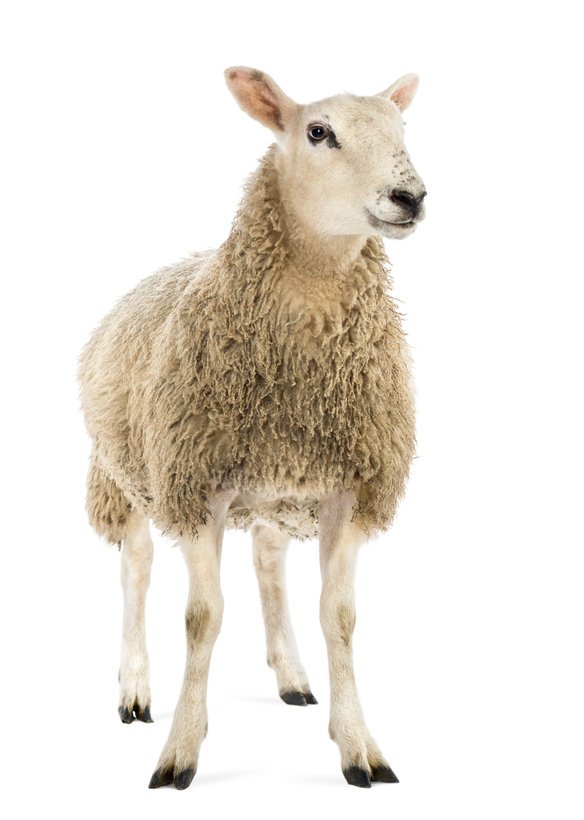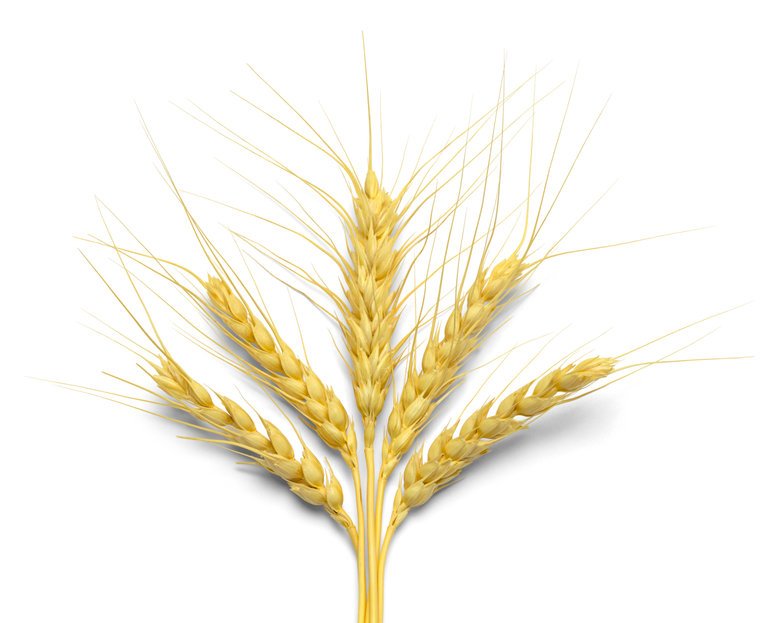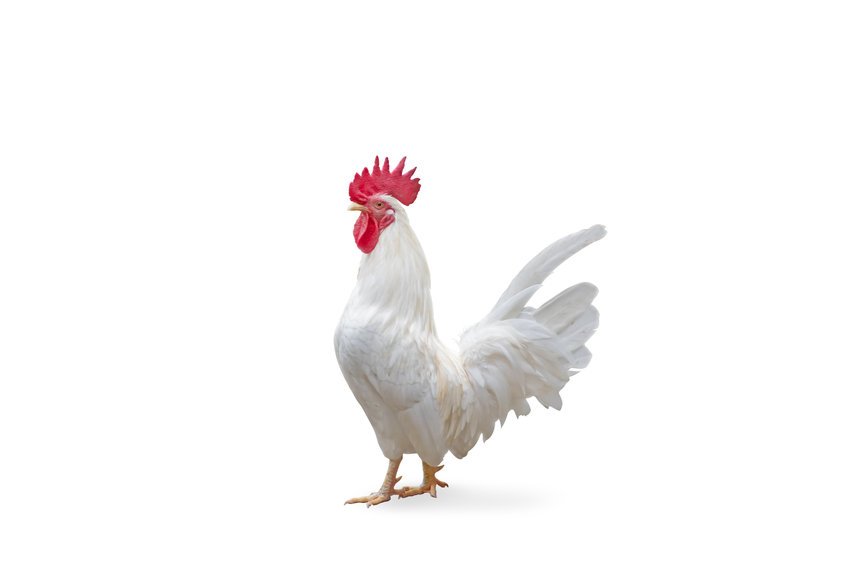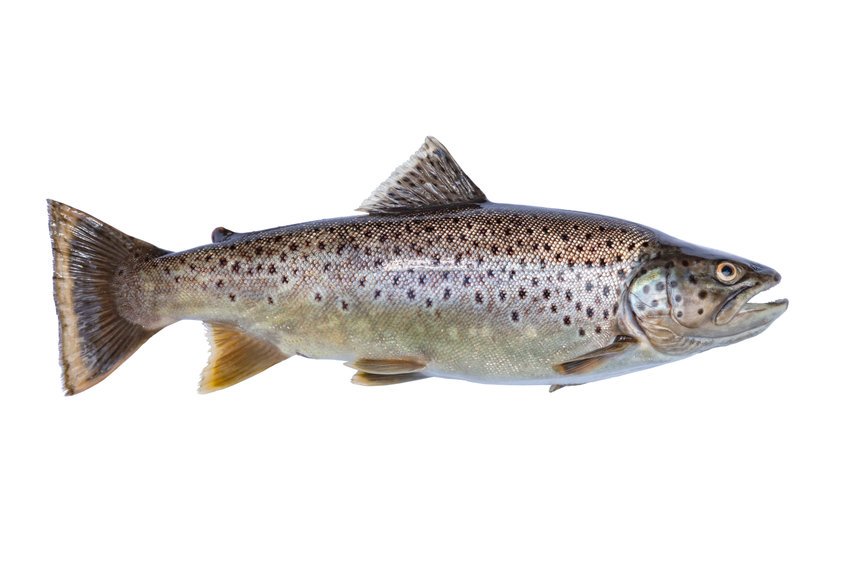Making Kosher Relevant
Eating kosher is a way of ensuring that I won’t be eating beetle juice (literally – Cochineal red colouring often comes from beetles) or any other bugs. Also, the halachic science of kashrut requires kosher animals have no major health issues or broken limbs before slaughter. Furthermore, they are slaughtered with surgical precision, so one could reasonably argue that this is a most humane and least traumatic method for the animal.
Nonetheless, kashrut is a chok (a Torah law that has no clear human rationale.) So we have to apply principles of learning to attain an understanding that provides relevant lessons. From this we can extrapolate the spiritual effects of eating kosher.
Let’s look first at animals. The requirement of split hooves could allude to not getting too attached to the earth, since it is only a temporary stay. From chewing the cud we can deduce that every bit of knowledge one obtains must be thoroughly processed before being digested (accepted.) Meat is salted to ensure removal of all blood. Blood is the life source of the animal. The lesson for this is clear, we are influenced by what you eat and we do not want to be animals.
The Torah mentions the four animals that have only one of the kosher signs. This provides strong evidence that Torah is God given, as, even to this day, no-one is able to know and define every animal on earth and if you like, lay the gauntlet to find exceptions.
Fish require scales. From this we can learn to don an emotional "suit of armour” to overcome those who torment, abuse or insult us, especially when we are doing the right thing. They also require fins which may suggest don’t hesitate to flee negative influences.
Moving on to birds. There is a given principle that the Torah enumerates the minority. Since it lists all non-kosher birds, we know that the majority of birds are kosher. Nonetheless we only eat those for which there is a tradition from earlier Jewish communities. We can say the lesson here is to place our trust in those who came before us and not rely solely on our own judgment.
The whole of the plant kingdom is kosher and plants are the building blocks upon which all life survives. From this we could say that humility is an essential element of true greatness.
The prohibition of cooking, eating and benefitting from milk and meat, is introduced in a fascinating way; ” Do not cook a kid in it’s mother’s milk.” Perhaps one lesson we could take out from this is not to use something given or said to us for our own benefit, against the person that gave it.
There is a vast science of halachah (Torah law) regarding taste transfer. Torah prohibits kosher food which has absorbed the taste of non-kosher through, for example, cooking. This could translate to a philosophy of human interaction. Depending on how I interact with others, there will be an effect on me. I have to determine with whom I will interact and to what extent.
We are not forbidden to eat creatures smaller than the eye can see. For example bacteria in non-pasturised wine, milk etc . We are also permitted to swim in the sea with the strong chance of swallowing plankton. This teaches us to develop the outlook that not everything requires vigilance, let things go, don’t sweat the small stuff, we’re only human.




